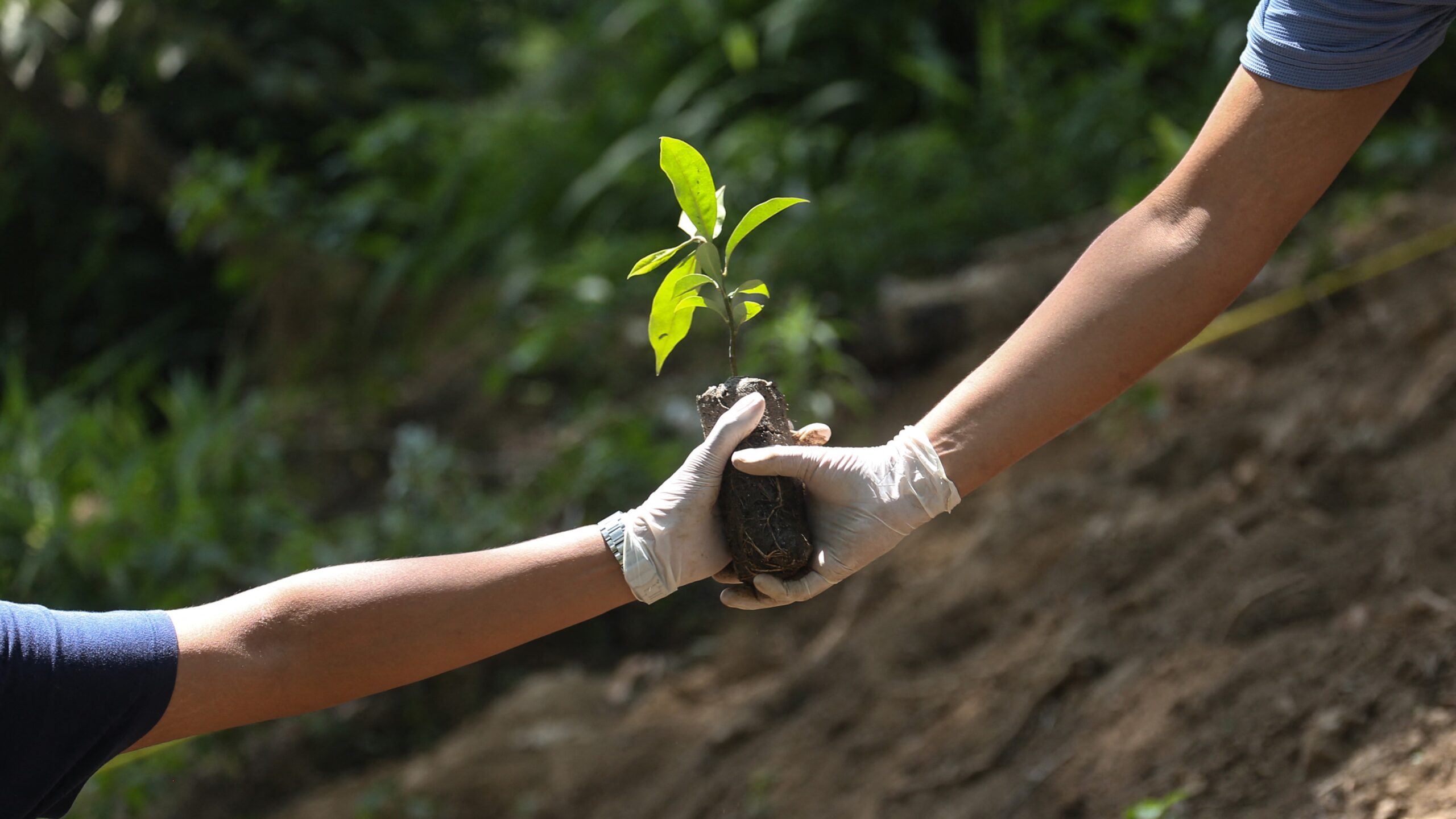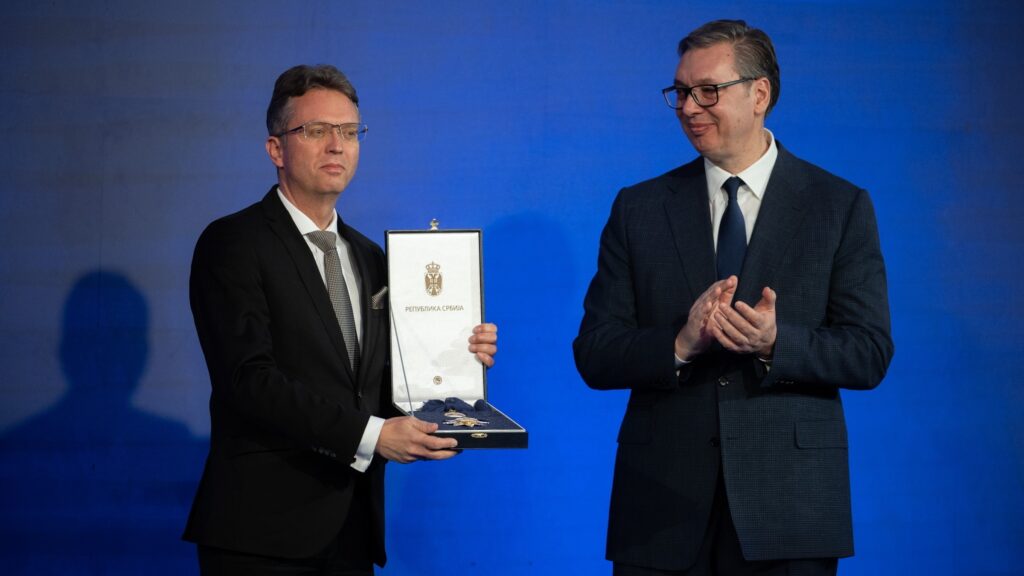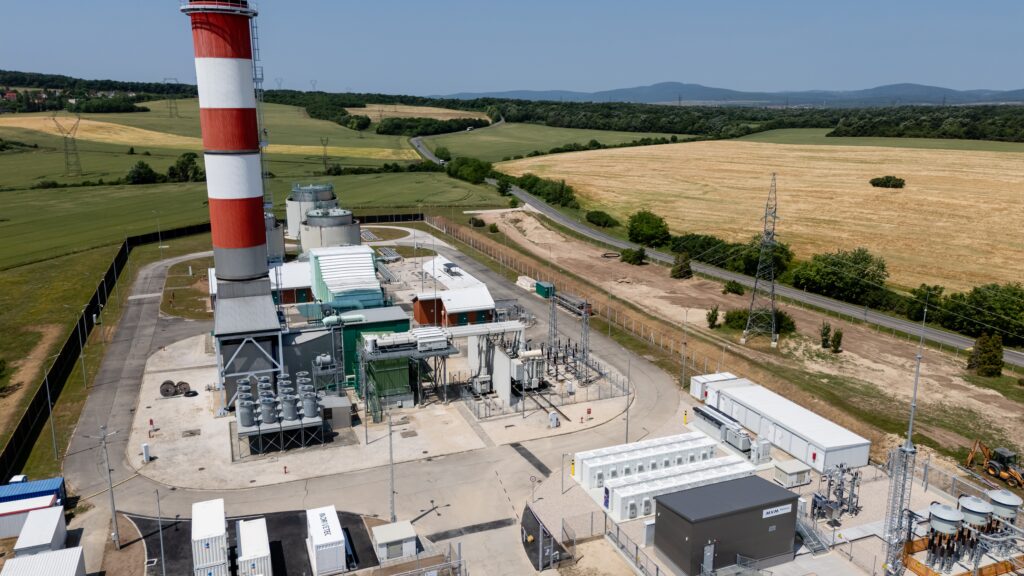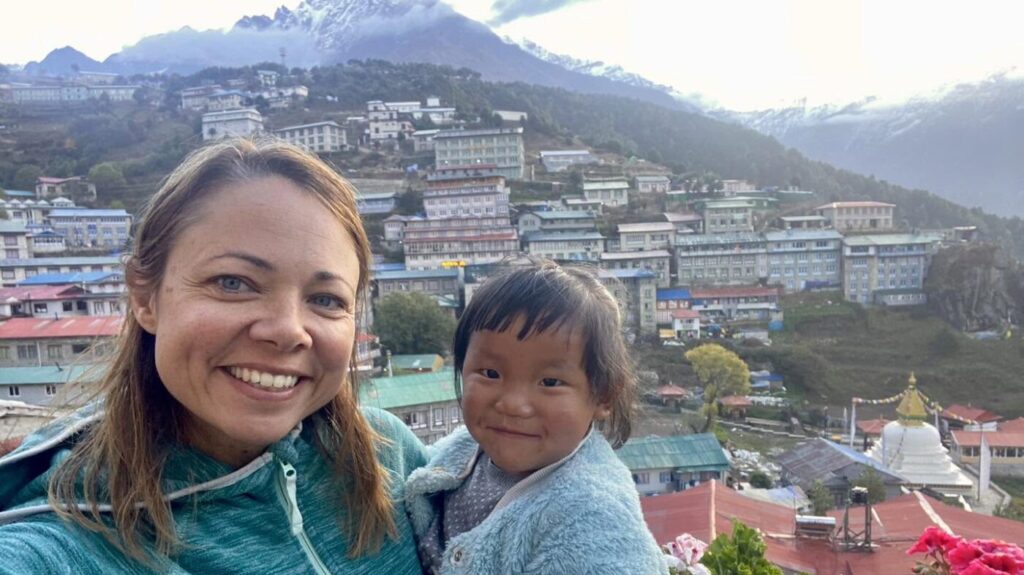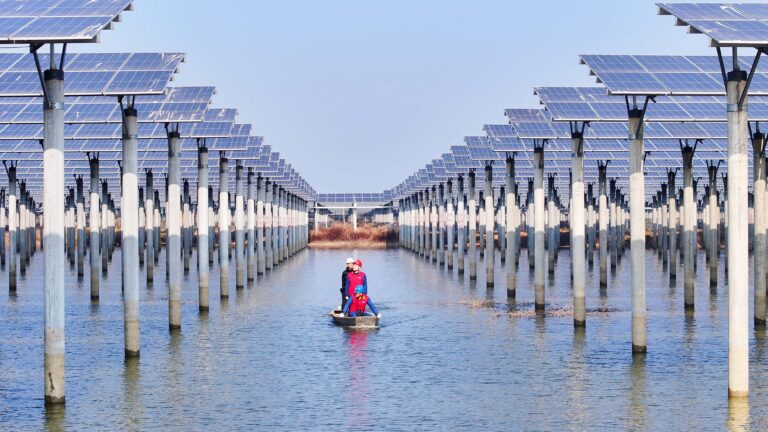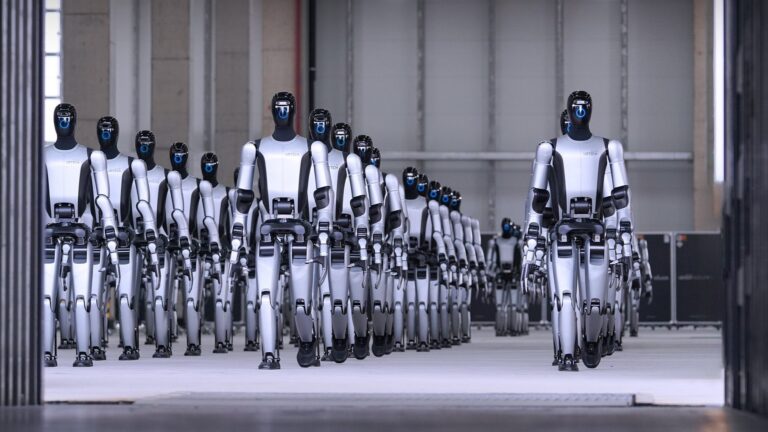Climate anxiety is not merely an emotional reaction to environmental crises, but also a symptom of a deeper, existential erosion of trust—a manifestation of collective uncertainty that calls into question the very foundations of how we think about the future. This future, once a promise of progress and opportunity, has become a threatening and unpredictable prospect for many. The challenge now is to transform this paralyzing feeling into active energy, driven not by panic but by responsible thinking, shared values, and collective action.
The Roots and Social Context of Climate Anxiety
Concern over climate change has become a widespread psychological phenomenon among younger generations. Extreme weather events cause not only material damage, but also acute trauma, generalized anxiety, and depression. Those most affected include the young and the economically disadvantaged, for whom environmental uncertainty and the resulting existential difficulties increase psychological vulnerability.
In the family dimension, anxiety often surfaces in the parent-child relationship. According to a 2020 BBC survey, 41 per cent of children lack confidence in adults’ ability to address the climate crisis. Children perceive adult anxieties and the older generation’s worries related to environmental news, often internalizing these, even if they do not fully grasp the information. Furthermore, a growing number of adults struggle with the ethical dilemma of bringing children into an increasingly uncertain world.
‘Extreme weather events cause not only material damage, but also acute trauma, generalized anxiety, and depression’
At a sociological level, climate anxiety is also a product of the globalized information space: young people are exposed daily to negative news from all over the world yet are often left with scarcely any tangible tools for action or support for hope. Due to social individualization and climate-related moral pressure, these young people may feel disproportionate responsibility for personal choices regarding consumption, travel, or lifestyle. The future, once primarily seen as a promise—of opportunity and personal fulfilment—has now become a source of threat and despair for them. This shift fundamentally shapes their attitudes toward societal participation, starting a family, and entering the world of work. The question is whether this feeling leads to paralyzing fear or can be transformed into a sense of agency.
The Role of Climate Education and Constructive Communication
Climate anxiety often emerges in childhood, making education a key factor in shaping young people’s worldview and resilience. At the same time, both climate education and public discourse reflect broader social debates about communication styles: while some advocate for a fact-based, solution-oriented approach, others emphasize the urgency of the crisis through stark warnings and emotionally charged messaging.
One of the latest examples of this ongoing dispute surfaced in the United States, where certain educational and outreach activities of National Aeronautics and Space Administration (NASA) and National Oceanic and Atmospheric Administration (NOAA) came under Senate scrutiny. Critics accused these agencies of fuelling youth climate anxiety with overly alarmist materials. However, ‘hope-based’ narratives do not mean denying the problems but rather shifting attention to what works: successful local adaptation examples, technological innovations, and community initiatives. Amid these debates, it is vital that climate education empowers young people to feel competent and proactive—helping them see themselves not merely as passive witnesses to a global crisis but as potential contributors to meaningful solutions.
Personal Anchors: Lifestyle, Control, and Reliable Information
One effective way to mitigate climate anxiety is for individuals to find their own means of action. Such daily practices might include selective waste collection, environmentally conscious transportation, or thoughtful consumption. Adopting a sustainable lifestyle contributes to environmental protection and strengthens one’s sense of control.
Spending time in nature is also an important psychological protective factor that helps to emotionally reconnect with the world we are acting to protect. Obtaining information from credible sources is equally important, as misinformation and misleading content about climate change can exacerbate uncertainty and anxiety.
Collective Action as a Source of Hope
Experiencing agency is also intricately linked to feeling part of a community. As climate scientist Kate Marvel, author of Human Nature: Nine Ways to Feel About Our Changing Planet, puts it in an interview: ‘A lot of times, the anxiety and the hopelessness comes from a feeling of powerlessness. And I do not think any of us is powerless. I think collectively, we are incredibly powerful. The atmosphere cares about what all of us together are doing, and I think you can have much more impact if you think of yourself as part of the collective.’
‘A lot of times, the anxiety and the hopelessness comes from a feeling of powerlessness. And I do not think any of us is powerless. I think collectively, we are incredibly powerful’
In Hungary, there is also an increasing number of environmental organizations and local initiatives that offer opportunities to participate in awareness-raising activities. Community activities—such as tree planting, local sustainability clubs, community gardens, family eco-camps—yield both ecological and mental health benefits. These activities reduce anxiety, foster a sense of identity, and nurture hope. A study published in The Lancet Planetary Health suggests that ecological anxiety and grief can be an understandable and reasonable response to the reality of climate change. The authors emphasize, however, that with adequate support—from community, mental health professionals, or family background—these feelings can be transformed into active energy.
The Future Is Not a Threat
Climate anxiety is not merely a side effect of climate change but a manifestation of a broader societal and emotional crisis that requires responses in environmental policy, community, family, and culture alike. Strengthening mental health support, fostering social responsibility, and enhancing community participation can shift us from passive sufferers to active shapers of the future. When young people feel that they can rely on a supportive community and authentic role models, they are more likely to believe that a responsible and hopeful future is worth striving for—and within reach. In the words of futurist Bertalan Meskó, ‘the future is a reality that can be mapped and shaped’—one over which we have significant influence.
Related articles:

